Powerful Vegan Nutrition for Enhanced Athletic Performance
Introduction
As more athletes turn to plant-based diets, the conversation around vegan nutrition for enhanced athletic performance has gained significant traction. While traditionally, high-performance diets have emphasized animal protein, a well-planned vegan diet can provide all the necessary nutrients to fuel rigorous training and recovery. This article delves into the essential components of vegan nutrition that can support athletes in reaching their peak performance.
The Basics of Vegan Nutrition
Vegan diets exclude all animal products, focusing instead on fruits, vegetables, grains, nuts, and seeds. While these foods are rich in essential nutrients, athletes need to pay special attention to ensure they meet their increased caloric and nutritional needs. Understanding macronutrients and micronutrients is crucial in crafting a diet that supports athletic endeavors.
Macronutrients: Fueling Performance
Carbohydrates: The primary energy source for athletes, carbohydrates are crucial for sustaining high-intensity workouts and endurance events. Vegan athletes can source carbohydrates from whole grains, fruits, vegetables, and legumes. Complex carbohydrates like quinoa, brown rice, and oats provide long-lasting energy, while simple carbohydrates from fruits can offer quick energy boosts.
Proteins: Essential for muscle repair and growth, protein intake is a common concern for vegan athletes. However, a variety of plant-based proteins can effectively meet these needs. Legumes (such as lentils and chickpeas), tofu, tempeh, edamame, quinoa, seitan, and a range of nuts and seeds (like chia and hemp seeds) are excellent sources. Athletes should aim for a diverse protein intake to ensure they receive all essential amino acids.
Fats: Healthy fats are vital for hormone production and joint health. Vegan sources of healthy fats include avocados, nuts, seeds, and oils such as olive and coconut oil. Omega-3 fatty acids, typically found in fish, can be sourced from flaxseeds, chia seeds, and algae-based supplements.
Micronutrients: The Often-Overlooked Essentials
While macronutrients are crucial for energy and muscle building, micronutrients play an equally important role in overall health and performance.
Iron: Critical for oxygen transport and energy production, iron can be more challenging to absorb from plant-based sources. Vegans should consume iron-rich foods like lentils, chickpeas, spinach, and fortified cereals, and pair them with vitamin C-rich foods to enhance absorption.
Calcium: Essential for bone health, calcium can be sourced from fortified plant milks, leafy greens, almonds, and tofu. Athletes should ensure adequate calcium intake to prevent stress fractures and maintain bone density.
Vitamin B12: Primarily found in animal products, vitamin B12 is crucial for nerve function and energy production. Vegan athletes should consider fortified foods or supplements to meet their B12 needs.
Vitamin D: Important for bone health and immune function, vitamin D can be synthesized through sunlight exposure. However, in cases of limited sun exposure, fortified foods or supplements may be necessary.
Zinc: Important for immune function and protein synthesis, zinc can be found in legumes, nuts, seeds, and whole grains.
Strategic Meal Planning for Vegan Athletes
Crafting a well-balanced meal plan that includes a variety of foods is key to ensuring that vegan athletes meet their nutritional requirements.
Pre-Workout Nutrition
Pre-workout meals should focus on providing carbohydrates for energy and a moderate amount of protein to prepare muscles for the upcoming activity. A smoothie made with banana, spinach, almond milk, and a scoop of plant-based protein powder can provide a quick and digestible energy boost.
Post-Workout Recovery
The post-workout meal is crucial for recovery, focusing on replenishing glycogen stores and promoting muscle repair. A meal consisting of quinoa, black beans, roasted vegetables, and a tahini dressing can provide the necessary carbohydrates and proteins.
Hydration and Electrolytes
Staying hydrated is essential for optimal performance and recovery. Water should be the primary source of hydration, but during intense or prolonged activities, electrolyte beverages can help maintain balance. Coconut water or homemade electrolyte drinks with a pinch of salt and a splash of citrus juice can be effective.
Supplements: Filling the Gaps
While whole foods should form the foundation of a vegan diet, some athletes may benefit from supplements to ensure optimal nutrient intake.
Protein Supplements: Plant-based protein powders, such as pea, hemp, or brown rice protein, can be convenient options for meeting protein needs, especially post-workout.
Creatine: While naturally found in animal products, vegans can benefit from creatine supplementation to support high-intensity training and enhance muscle mass.
Branched-Chain Amino Acids (BCAAs): These can help reduce muscle soreness and fatigue, especially during long training sessions.
Overcoming Common Challenges
Vegan athletes may face challenges such as social perceptions, limited options during travel, or concerns about meeting nutritional needs. Planning ahead, being informed about nutritional content, and being open to experimenting with new foods can help overcome these obstacles.
Conclusion
A well-planned vegan diet can effectively support enhanced athletic performance. By understanding the importance of macronutrients and micronutrients, strategically planning meals, considering supplements, and overcoming potential challenges, vegan athletes can achieve peak performance. As research and understanding of plant-based nutrition continue to grow, the opportunities for vegan athletes to excel in their sports are more promising than ever.




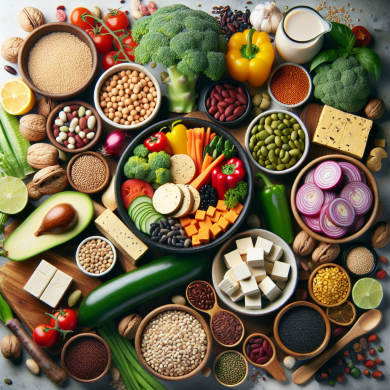
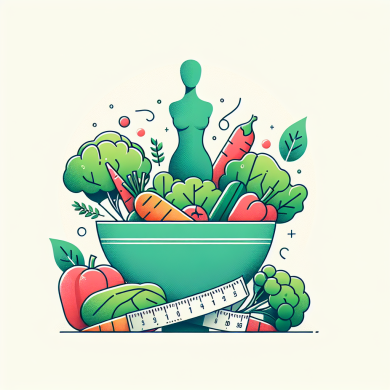
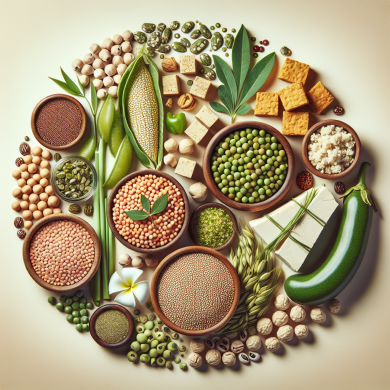
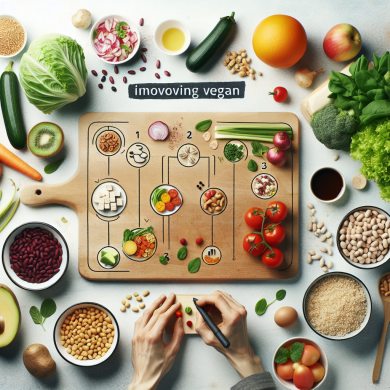
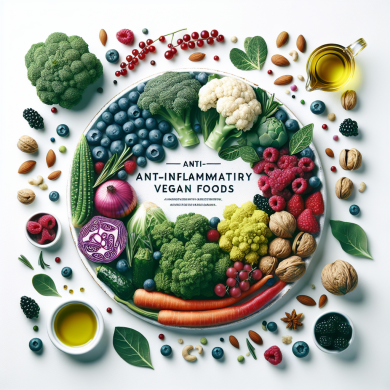






Add comment